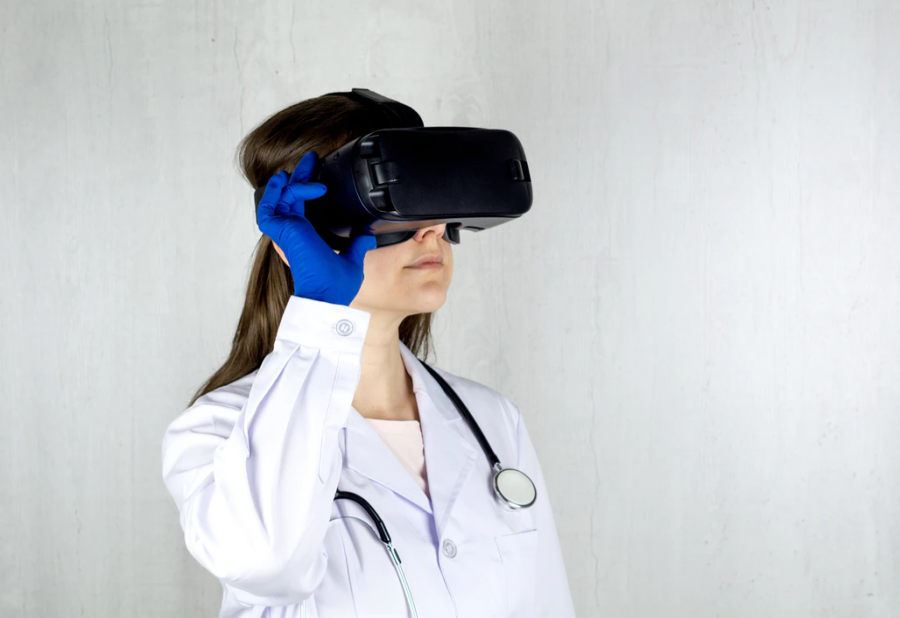The Importance of “Femtech” and Women in STEM
Female technology, or “Femtech,” is a growing term describing tech tools and solutions specifically for women’s health and wellness.
More women are needed in the fields of technology, science, and medicine.
With new impacts from the COVID-19 pandemic still emerging in the world’s various facets each and every day, one thing is clear: new research and advancements in medicine and technology are becoming increasingly important now more than ever. The role of women in this trend needs to be addressed as well; despite how far society has come with feminism and women’s equality, there is still a long way to go.
Tech apps that cater specifically to women’s health needs currently only make up a small part of the industry. Regardless, the market potential is huge, since women are always in need of apps that track menstruation and provide information on pregnancy, breastfeeding, and menopause.
Other medical technologies can help women to recover from the difficult effects of breast cancer. Lattice Medical is a company that has created a 3D implant that can help patient fat cells and tissue regenerate, and is absorbed by the body over time. Clinical trials on animals have been promising, so testing on women is expected to start in 2022.
Unfortunately, one big reason why women’s health technology does not yet take up a greater part of the industry is because of past legislation that halted women’s health research. The Food and Drug Administration excluded women of childbearing age from clinical trials in 1977. Although this policy ended in 1989, its effects still persist to this day. Most scientific research is based on Caucasian males since they are the most common participants in medical trials, and this needs to change.
If women are included in the teams creating medical technology and conducting research, the products and results will demonstrate a more diverse perspective. More research participation from women and minorities will help to equalize the medical field as well as improve protection from diseases and illnesses. A larger amount of “femtech” tools on the app store and medical research on women’s health will also help in this cause, making information more readily available for women to keep track of their biological needs and resources.
Encouraging more girls to pursue roles in STEM is one of the goals of Bronx Science’s very own Robotics team, the FeMaidens.
“Programs such as Girls Who Code and Girlstart hope to bridge the disparity between men and women in these fields by empowering young women to explore their interest in STEM. Despite the appearance of more organizations for girls and women, we know that women still only make up 27% of the workforce in science, technology, engineering, and math with the largest disparity still being engineering,” said Allison He ’21, the Head of Marketing for the all-girls team.
There is no doubt that bias is currently impacting medicine, science, and technology, which consequently affects all aspects of human life. Everyone is limited by their own perspective, but amplifying femtech tools, developing clinical research that includes women and minorities, and creating a more welcoming space in STEM careers for young girls will definitely help us go in the right direction.
With new impacts from the COVID-19 pandemic still emerging in the world’s various facets each and every day, one thing is clear: new research and advancements in medicine and technology are becoming increasingly important now more than ever. The role of women in this trend needs to be addressed as well; despite how far society has come with feminism and women’s equality, there is still a long way to go.
Anna Ye is a Copy Chief for ‘The Science Survey.’ Journalistic writing appeals to her because it allows people to express their voice and ideas, as...

